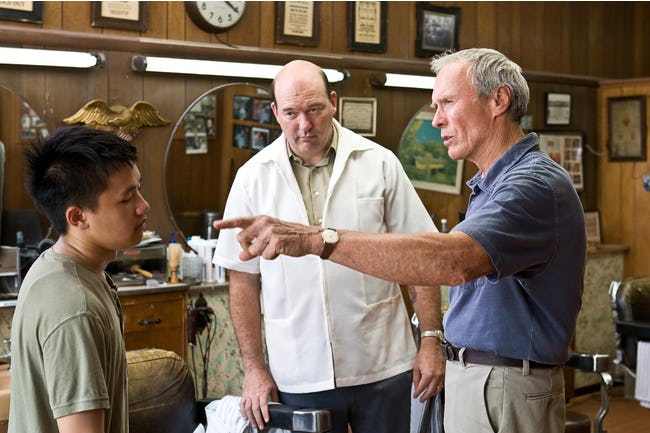Some more notes on Reflective Writing
-
Reflective writing involves writing about an experience you have had. You should show how you felt about what happened to you, both at the time, and, if the experience is over, how you feel about it when you look back on it.
- This requires that you stand back, look at and think about your behaviour, feelings and reactions in a situation you have experienced.
- As well as trying to give an account of the experience, the reader should get a sense of the writer's personality through how they reacted to or behaved during the experience.
- The writing should also have a clear structure, with an opening, development of ideas and a resolution.
- Concentrate on an event or feeling which has stuck in your mind - it doesn't have to be unusual or earth-shattering.
- Effective writing is the most important thing.
- It might be a recollection of a time you felt a powerful emotion, such as fear, admiration, happiness or pride. Alternatively, it could be about an object that has significance for you, such as a favourite toy from childhood or an old piece of clothing.
- It might be a recollection of a time you felt a powerful emotion, such as fear, admiration, happiness or pride. Alternatively, it could be about an object that has significance for you, such as a favourite toy from childhood or an old piece of clothing.
- The marker is not looking to read a list of minor details of a holiday or football competition.
- That is not to say that you cannot write about a holiday, but you should focus on a part of it that affected you.
- You should select any experience that lets you do more than simply recall events. It needs to be something that allows you to reflect on what happened and show self-awareness.
- Compare the following two extracts.
- A ‘I had arranged to meet my friends at ten o'clock. I left the house at half nine and walked to the bus stop. I had to wait twenty minutes because the bus was late. Eventually I got to town.’
- B ‘It was with excitement and some nervousness I set off to meet my friends in town at the agreed time. As luck would have it the bus was late - this day of all days!’
- Both examples are about the same experience. The first one is a bland account of the experience. The second one has a sense of reflection.
- Both examples are about the same experience. The first one is a bland account of the experience. The second one has a sense of reflection.
- Consider these two different introductory paragraphs for a reflective essay entitled ‘My Ambition’.
- ‘I have always wanted to be an actress. It is my main ambition. Drama is my favourite subject at school and I would like to study it in more depth.’
- ‘Acting: it has been my sole ambition ever since the day I met David Tennant on a plane coming back from holiday. We sat for hours chatting and planning my next step in my soon to be startling career… Well no, not really, but this is what acting is all about – imagining and pretending to be someone else, in a different situation, for day, an hour, a while.’
- The first one is purely factual. The second one uses an anecdote to catch the reader’s interest and then adds a further imaginative twist by saying “No, not really”.
- Reflective writing tips
- Aim to be varied and interesting in your use of language. You should use careful word choice, imagery, sentence structure and other techniques to bring your writing to life.
- Pay particular attention to describing your thoughts and feelings about the event, experience, person or thing. Describe your emotions and reactions at the time it took place and from your perspective now to prove you have thought about it and are able to reflect upon it.
- The reader will be irritated if you keep writing in the first person ('I went', 'I did', 'I saw', I got) without pausing to put across something more meaningful.
- The reader will be irritated if you keep writing in the first person ('I went', 'I did', 'I saw', I got) without pausing to put across something more meaningful.
- Try to make the reader share in the experience or feeling you are trying to describe.
- Show, don’t tell. Make good use of description to create a vivid impression of the experience or feeling rather than simply listing what happened.
- Write your essay with an overall emotion or theme in mind - happiness, excitement, fear, sorrow - and plan the language and structure to match.
- Don't include boring details. If it's not going to add to the feeling or insight, drop it. The same can be said for direct speech.
- There should always be a sense of development. Consider what you learned about yourself, how you changed and what you could have done differently.
- Statements such as, 'At the time', 'Looking back', and 'I can see now' can start the reflective thinking process.
- Do not use adjectives such as ‘happy’, ‘sad’, ‘nice’ or ‘good’. Demonstrate better word choice.
- Personal writing is a popular choice but you must reflect on the experience at the planning stage - before you write. This should help you to avoid a boring account of events.
- The End


